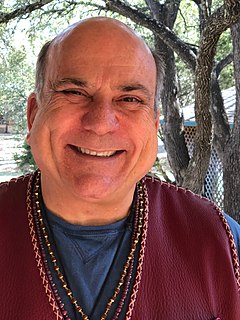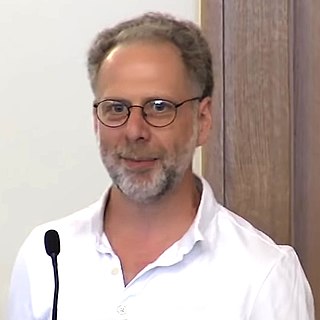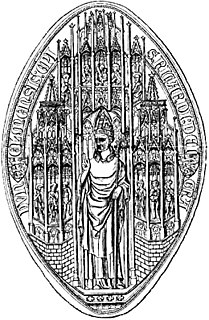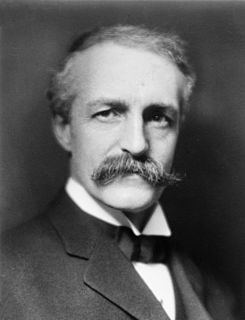A Quote by John Piper
The very longing for contentment that ought to drive us to simplicity of life and labors of love contents itself instead with the broken cisterns of prosperity and comfort.
Quote Topics
Related Quotes
The very shape of our dreams defines us. We learn about the world and try out our thoughts and visions in them. Our dreams goad us and drive us and summon and sustain us and when we are old they comfort us. Magic is a kind of dream, and love is a dream, and hope is a dream. Without our dreams, there is no sweetness, no purpose to life.
It is not merely our own desire but the desire of Christ in His Spirit that drives us to grow in love. Those who seldom or never feel in their hearts the desire for the love of God and other men, and who do not thirst for the pure waters of desire which are poured out in us by the strong, living God, are usually those who have drunk from other rivers or have dug for themselves broken cisterns.
There is no secret to how to attain prosperity. The Universe supports and rewards us for taking risks on things that matter to the Universe. When we remember this, the mysteries about prosperity disappear, and prosperity stands explained. Prosperity will then manifest itself easily provided the Universe agrees that we are doing the right things in our lives to deserve this prosperity.
We deny ourselves the smallest comfort or pleasure; even if it only costs a few dollars. This is not prosperous spending. Prosperity says you can have red bell peppers instead of green, rib eyes instead of sirloin, and romaine instead of iceberg. It's not about spending everything you make, but enjoying what you do spend without felling guilty about it ... The positive feelings and emotions that prosperous spending brings is what attracts more positive things in your life.
The sweetest thing in all my life has been the longing — to reach the Mountain, to find the place where all the beauty came from — my country, the place where I ought to have been born. Do you think it all meant nothing, all the longing? The longing for home? For indeed it now feels not like going, but like going back.
Without natural resources life itself is impossible. From birth to death, natural resources, transformed for human use, feed, clothe, shelter, and transport us. Upon them we depend for every material necessity, comfort, convenience, and protection in our lives. Without abundant resources prosperity is out of reach.
Einstein has a feeling for the central order of things. He can detect it in the simplicity of natural laws. We may take it that he felt this simplicity very strongly and directly during his discovery of the theory of relativity. Admittedly, this is a far cry from the contents of religion. I don't believe Einstein is tied to any religious tradition, and I rather think the idea of a personal God is entirely foreign to him.





































